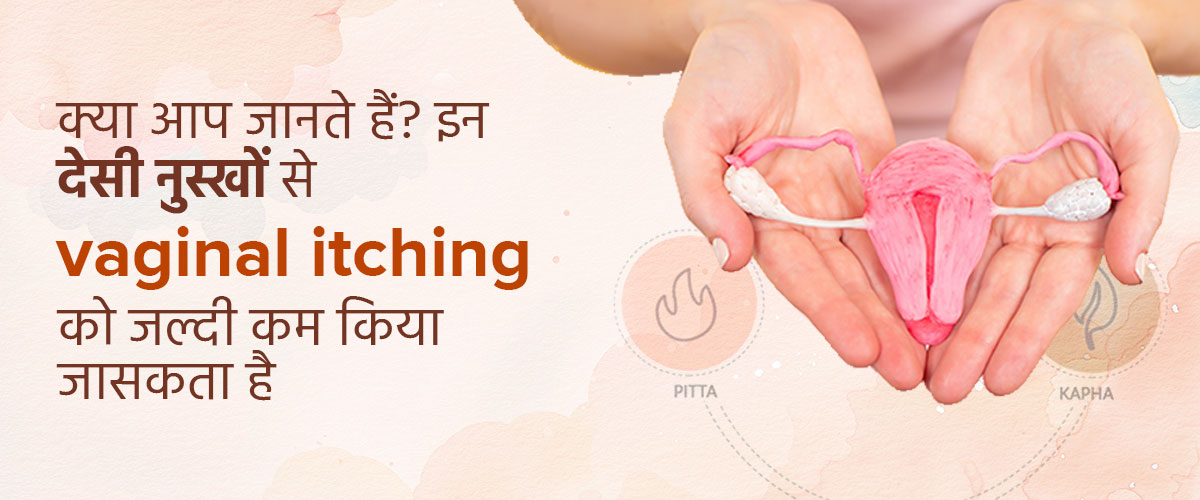Home Remedies for Dengue

Dengue fever is a mosquito-borne viral infection that affects millions of people worldwide (particularly in subtropical and tropical zones). It is caused by the bite of an infected Aedes mosquito, which spreads the virus to humans. High fever, severe body pains, fatigue, and headaches are some of the common symptoms of dengue.
While there is no specific treatment for dengue, supportive care and management of dengue symptoms can help an individual to recover quickly. Certain home remedies & lifestyle changes could provide relief from the symptoms and help the body heal from this disease.
What is Dengue?
Dengue is a viral infection transmitted to humans through the bite of Aedes mosquitoes (primarily Aedes aegypti). The dengue virus has four different strains (DENV-1, DENV-2, DENV-3, and DENV-4). Hence, a person can get infected multiple times. Once infected, a person could have a high fever, severe headaches, joint and muscle pain, skin rashes, fatigue, and other flu-like symptoms.
In some cases, dengue can develop into a life-threatening condition like dengue hemorrhagic fever or dengue shock syndrome. Dengue is commonly reported in warm & humid climates of Asia, Africa, and South America. Mosquito control, wearing protective clothing, using insect repellents, and other preventive measures can reduce the risk of infection.
What Causes Dengue?
Aedes mosquitoes breed in stagnant water & are most active during the early morning and late afternoon. The spread of dengue is influenced by various environmental and human factors that contribute to the breeding and transmission of mosquitoes. Some of the common causes of dengue have been listed below:
Mosquito Breeding in Stagnant Water: One of the primary causes of dengue is the presence of stagnant water. It is a perfect breeding ground for Aedes mosquitoes. Water collected in flower pots, old tyres, buckets, clogged drains, etc. is the common source.
Poor Sanitation: Improper sanitation and poor waste management (uncollected garbage, wide open drains, and discarded pots) can lead to the spread of the dengue virus. Areas with inadequate sanitation facilities have higher dengue outbreaks due to the accumulation of waste and water-holding debris.
Warm/Humid Climate: Dengue outbreaks are more prevalent in humid and warm climates. High temperatures & humidity levels increase the life cycle of mosquitoes and aid in the transmission of viruses.
Increased Human-Mosquito Contact: Urbanisation and the growth of population have led to an increase in human-mosquito interactions. Densely populated areas with crowded living conditions create opportunities for mosquitoes to bite multiple individuals. It increases the chances of spread of this virus within communities.
Travel to Endemic Areas: Travelling to regions where dengue is prevalent increases the risk of infection. Individuals visiting such areas may get in contact with the virus and unknowingly bring it home.
Home Remedies and Tips
Home remedies for dengue fever can improve immunity, reduce fever, and maintain hydration levels. Listed here are some natural home remedies and tips for easing dengue symptoms.
Papaya Leaf Juice: Papaya leaf juice can increase platelet count. When a person is suffering from dengue, the platelet count reduces significantly in the body. The juice contains enzymes & antioxidants that support the immune system and help to fight the virus. To prepare it, wash fresh papaya leaves, crush them to extract the juice, and consume 2 tablespoons twice a day. You can add a little honey for better taste and to provide additional health benefits. (Note: Pregnant women should avoid this remedy.)
Giloy Juice: Giloy can boost immunity and fight infections. It has anti-inflammatory and antioxidant properties that can help reduce fever and support recovery from dengue. Boil fresh Giloy stems in water for about 15 minutes & consume daily.
Fenugreek Seeds: Fenugreek seeds have natural analgesic properties. They can reduce fever and also provide relief from body aches and fatigue. Soak 1 tablespoon of Fenugreek seeds in water overnight. Strain the water and drink it in the morning. You can also add fenugreek seeds to soups, salads, herbal teas, etc.
Barley Water: Barley water helps to flush out toxins and maintain hydration levels in the body. Barley is loaded with nutrition and antioxidants that support the immune system. Boil 1 cup of barley in 3 cups of water for about 30 minutes. Strain the liquid mixture & drink it throughout the day.
Coconut Water: Coconut water has electrolytes and also prevents dehydration caused by dengue fever. It has minerals (like potassium, sodium, and magnesium), which help replenish lost fluids and keep energy. Drinking coconut water 3-4 times daily can restore hydration and reduce fatigue.
Tulsi Leaves: Tulsi (holy basil) leaves have strong antibacterial and antiviral properties. It strengthens the immune system. You can chew a few fresh Tulsi leaves on an empty stomach. You can also drink Tulsi tea to reduce fever and other symptoms of dengue.
Turmeric Milk: Turmeric possesses anti-inflammatory and antioxidant properties, which could fight infections and speed up recovery from dengue. Drink 1 glass of warm milk with a teaspoon of turmeric powder before going to bed.
Neem Leaves: Neem leaves have antiviral and immune-boosting properties. They can help fight the dengue virus & promote faster recovery. Boil a handful of neem leaves in water and allow it to cool. Strain the neem water and drink it a few times a day.
Ginger and Honey: Ginger has antiinflammatory properties, while honey acts as a natural antimicrobial agent. Ginger and honey are a powerful combination that helps in reducing dengue fever and its symptoms. Mix 1 teaspoon of fresh ginger juice with 1 teaspoon of honey and consume it twice daily.
Pomegranate Juice: Pomegranate juice has antioxidants, vitamins, and minerals that support the immune system and energy production in the body. Drinking freshly squeezed pomegranate juice provides hydration, boosts platelet count, and fights off weakness caused by dengue fever.
Lifestyle and Diet Recommendations
Recovering from dengue requires proper rest, hydration, and a nutrient-rich diet. You can follow the below-listed simple lifestyle habits to boost energy levels and support the immune system.
Get Plenty of Rest: Resting lets your body fight the virus and recover. Avoid intense activities and allow your body to heal.
Stay Hydrated: Drink at least 8-10 glasses of fluids (like water, coconut water, herbal teas, and fresh fruit juices) daily to prevent dehydration and help flush out toxins.
Avoid Stress: Light activities like deep breathing or meditation could reduce stress and also help in healing.
Wear Loose and Comfortable Clothing: Dengue can cause skin sensitivity and rashes. Wear light and breathable clothing to avoid irritation.
Use Mosquito Protection: Prevent re-infection by using mosquito repellents, mosquito nets, etc. Keep your surroundings clean to prevent the breeding of mosquitoes.
Diet for Dengue
A well-balanced diet rich in vitamins and minerals strengthens the immune system & helps in the recovery process. Eating the right foods can help rebuild energy levels and fight off the weakness caused by dengue fever.
Fruits and Vegetables: Include vitamin C-rich fruits (oranges, papayas, and pomegranates) to boost immunity and platelet production. Green leafy vegetables (spinach and kale) provide essential iron and antioxidants.
Protein-Rich Foods: Eggs, lean meat, and lentils help in muscle repair and provide strength to the body. Yoghurt and nuts provide probiotics and good fats for digestion and energy.
Hydrating Fluids: Fresh fruit juices, electrolyte-rich drinks (like coconut water), and soups help in maintaining hydration and replenishing lost nutrients.
Foods to Avoid: You should avoid processed and fried foods that can be difficult to digest. Caffeinated and sweet drinks can lead to dehydration.



 Prev
Prev


































































